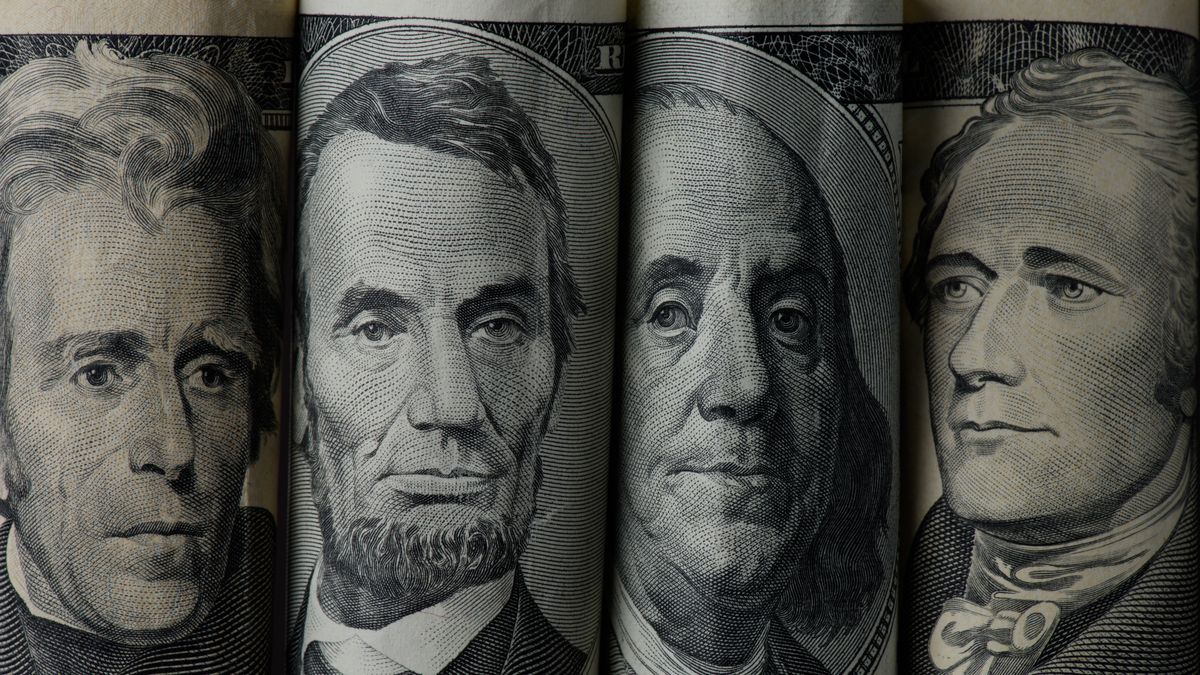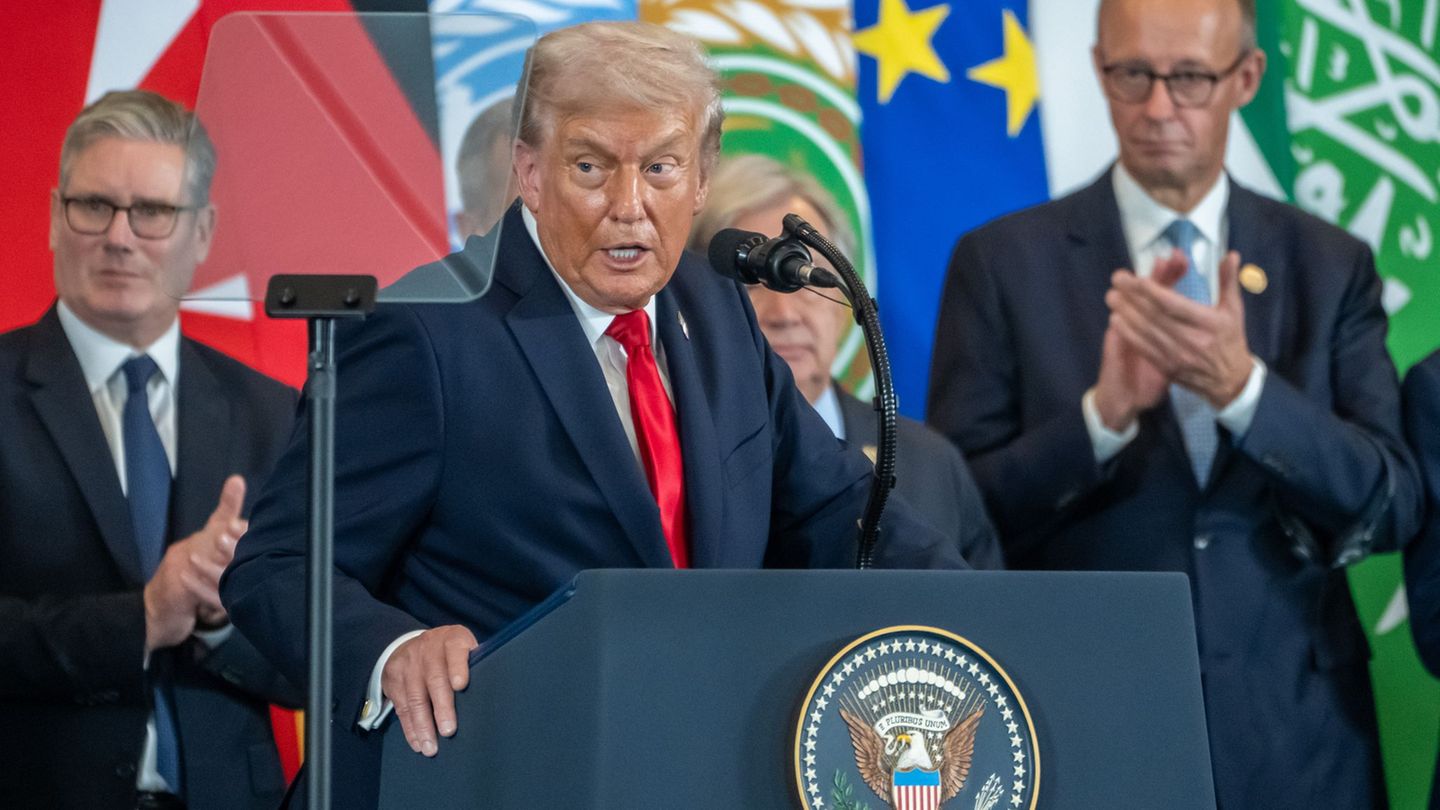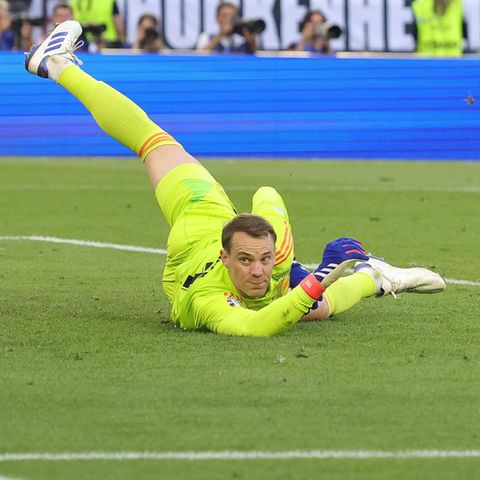“In attempting to assess the future role of the US dollar in the world monetary system, close attention must be paid to the potential macroeconomic instabilities in the United States“, highlighted in Bolsamanía, and warn of “extreme volatility and an unusually high level of uncertainty about the price levelwhich has translated into high volatility for interest rates and currencies.”
The Fed does not move from its objective of returning inflation to the 2% target, for which it has already announced that will continue to raise interest rates for at least some timewhich will give the US dollar even more strength against other currencies.
“In sum, while the macroeconomic imbalances in the United States are indeed considerable, it remains to be seen to what extent this can undermine confidence in the reserve currency. Analysts will monitor the markets for signs that confidence in the US dollar is fading“, they say in a recent report.
One of the aspects that best reflects the hegemony of the dollar is its weight in international currency reservesalthough floating exchange rates, the best macro policies and the availability of swap lines of central banks reduce the need for such reserves.” At the same time, “major central banks are diversifying away from the US dollar, possibly to limit sanction risks.”
Could the yuan challenge the dollar for hegemony?
If the dollar finally loses presence in international relations, other currencies will try to occupy its throne, and China is one of the countries that can try to promote its currency, the renminbias it has already been at the forefront of efforts to develop an alternative system of international payments, as well as schemes to improve mutual support of central banks in emerging markets.
However, from Credit Suisse they consider that the Asian giant “is not able or willing to establish its own currency as a serious rival to the US dollarnor are there any other candidates for that role so far”, which “does not mean, however, that the position of the US dollar will remain immutable and indisputable”, and they emphasize that “a trend towards a more multipolar model of the monetary system is, in fact, already visible“.
“For the foreseeable future, it seems unlikely that China will fully liberalize and open its financial markets for cross-border transactions. This is the key reason why the renminbi’s share of global foreign exchange reserves remains very small.”
Nor do they see that the euro can displace the dollar, despite the fact that represents about 20% of world international reserves “and is also freely tradable across borders, a key prerequisite for a leading currency.”
“The Eurozone policy makers are clearly not striving for their currency to take on such a role. The focus of the European Central Bank (ECB) is almost exclusively on the national economy. In addition, the Eurozone is (at least so far) still quite far from being a full-fledged fiscal union and therefore lacks a land-wide security asset like US Treasuries,” they said.
The lack of an element of these characteristics implies that “there is no highly liquid and homogeneous asset that the rest of the world could hold as reserves“, which joins other obstacles, such as the absence of an integrated capital market and the lack of a banking union.
yenlibradolar.jpg
Can a global currency appear?
The creation of one global currency may sound utopian to many, although this possibility was defended by internationally renowned economists, from John Maynard Keynes to the Nobel prize winner Robert Mundell.
One of the assets that can present the greatest similarities with a world currency are the Special Drawing Rights (SDR)which are used within the International Monetary Fund (IMF), although their volume is determined by the amount of capital paid by individual countries to the IMF.
From Credit Suisse they emphasize that “the IMF does not have the power to create additional SDRs out of thin air, as would be necessary for an effective global central bank“, so “it should come as no surprise that proposals for a global currency have not come to fruition and, in the current fragmented geopolitical environment, this is even less likely.”
“Deliver the power to print money from your own central bank to a supranational authority requires enormous mutual trust between countries. Such a transfer is only feasible when a political union is formed,” they say.
All in all, these analysts are betting on “a more multipolar system” due to the increase in bilateral agreements in trade between many countries, allowing for returns to scale in the use of their respective currencies instead of the US dollar” and the “deepening of local capital markets in emerging markets”.
Source: Ambito
I am a 24-year-old writer and journalist who has been working in the news industry for the past two years. I write primarily about market news, so if you’re looking for insights into what’s going on in the stock market or economic indicators, you’ve come to the right place. I also dabble in writing articles on lifestyle trends and pop culture news.




